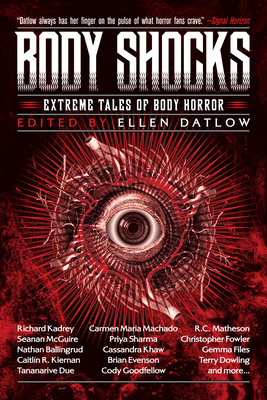
description
1The fourth and final volume in Michel Foucault's acclaimed History of Sexuality, completed just before his death in 1984 and finally available to the public One of the most influential thinkers of the twentieth century, Michel Foucault made an indelible impact on Western thought. The first three volumes in his History of Sexuality--which trace cultural and intellectual notions of sexuality, arguing that it has been profoundly shaped by the power structures applied to it--constitute some of Foucault's most important work. This fourth volume posits that the origins of totalitarian self-surveillance began with the Christian practice of confession. The manuscript had long been secreted away, in accordance with Foucault's stated wish that there be no posthumous publication of his unpublished work. With the sale of the Foucault archives in 2013, Foucault's nephew felt that the time had come to publish this final volume in Foucault's seminal history. Philosophically, it is a chapter in his hermeneutics of the desiring subject. Historically, it focuses on the remodeling of subjectivity carried out by the early Christian Fathers, who set out to transform the classical Logos of truthful human discourse into a theologos--the divine Word of a pure sovereign. What did God will in the matter of righteous sexual practice? Foucault parses out the logic of the various responses proffered by theologians over the centuries, culminating with Saint Augustine's fascinating discussion of the libido. Sweeping and deeply personal, Confessions of the Flesh is a tour de force from a philosophical master
member goods
No member items were found under this heading.
Return Policy
All sales are final
Shipping
No special shipping considerations available.
Shipping fees determined at checkout.







